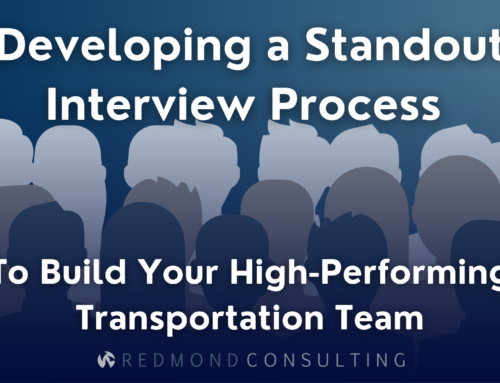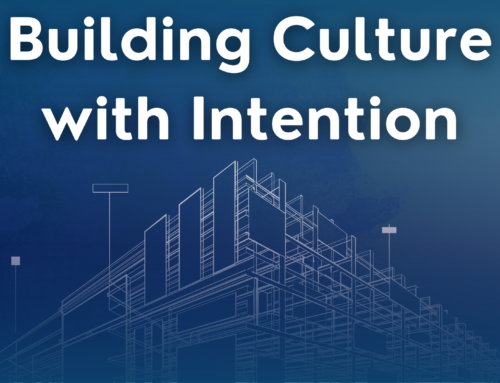In today’s consulting landscape, business development (BD) is just as crucial as technical expertise. Organizations rely on professional consultants—just as they do attorneys or accountants—to provide specialized knowledge and execute projects efficiently. However, beyond delivering technical solutions, consultants must cultivate relationships and generate new business opportunities.
BD experience is often a key differentiator for mid- and senior-level consultants, offering exposure to strategy, contract negotiations, and relationship management. It’s a cross-functional discipline that requires collaboration with sales, marketing, and subject matter experts (SMEs) to identify opportunities, win contracts, and successfully deliver projects.
To better understand where you stand—or where you’d like to be—let’s explore the four key stages of business development and how they shape a consultant’s career.
The Four Stages of Business Development
1. The “Industry Connector” Stage

At this stage, the goal is to maintain visibility and get involved with projects/initiatives that may become business opportunities from 6 months to 3 years out. You are responsible for gathering early intelligence on future opportunities and positioning your firm within a designated market, vertical, or niche.


- You manage people or business units and are accountable for revenue.
- Your scope may be defined by geography, market segment, or specific clients.
- You have developed a strong personal brand through years of delivery, networking and industry involvement.
2. Pre-Proposal Positioning

This phase involves actively shaping an opportunity before an official Request for Proposal (RFP) is issued. At this stage, you are invited to work closely with the Industry Connector to enhance your firm’s visibility and position yourself as a trusted advisor. You are brought into this phase of BD most often to help influence elements of the RFP to the extent that is possible.


- You have solid communication skills and the experience to connect with SMEs on the client side of the equation.
- Your firm has recognized your potential (and desire) to network and influence the market in which you circulate.
- You have led projects of equal or more complexity and, if awarded the project, you will likely oversee its execution.
3. Proposal Preparation & Presentation

Here, you play an integral role in proposal development, often crafting part of the technical approach or contributing insights that differentiate your firm’s offering. If a live presentation is required, you may be part of the team delivering it.


- Your expertise is valuable enough to be highlighted in proposals.
- You can contribute technical and execution knowledge to the BD process
- Your communications skills may merit an invite to a live presentation.
4. Project Scoping & Negotiations

Congratulations! Your firm has been awarded the contract — but it can still go sideways. This phase is about negotiating the terms to ensure a mutually beneficial agreement. The ability to align firm objectives with client expectations is critical for setting up a successful engagement.


- You’re likely a skilled project manager, and have already been present in one or more phases of the proposal capture on this contract.
- Your have a cool head and a strong understanding of project financials and can match that knowledge to project scope.
Navigating Your Business Development Journey
While these four stages appear distinct, business development is rarely a linear path. Roles often overlap, and you may find yourself engaging in multiple stages at once. Even if you don’t become an Industry Connector, understanding the full BD process is crucial to career growth.
Successful consultants recognize that every BD stage plays a role in winning and executing projects. By actively seeking opportunities to engage in different phases of the BD funnel, you can develop a well-rounded skill set that enhances your strategic, technical, and relationship-building capabilities—essential for long-term success in consulting.





Leave A Comment